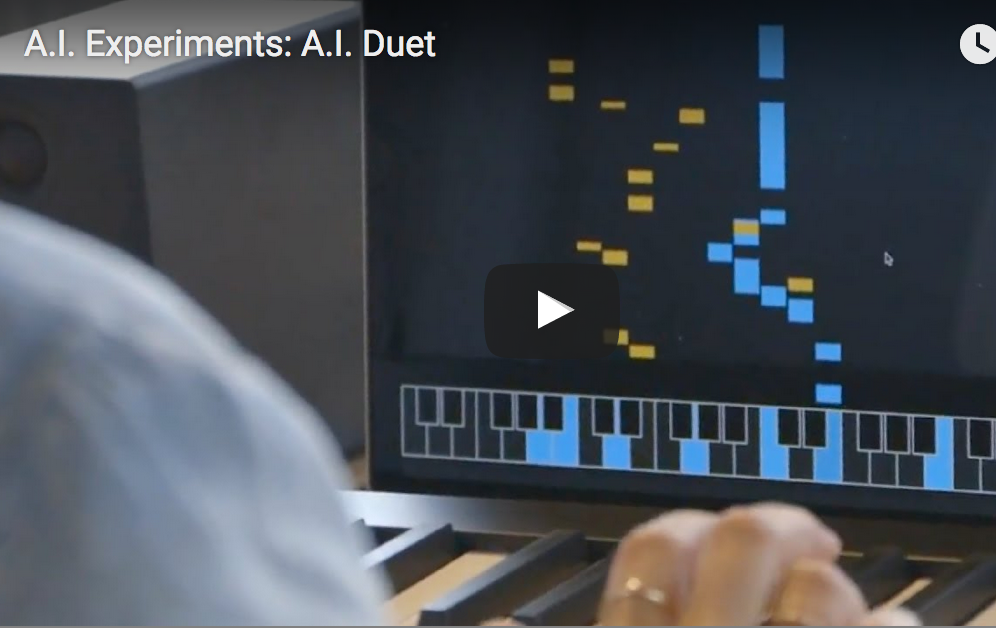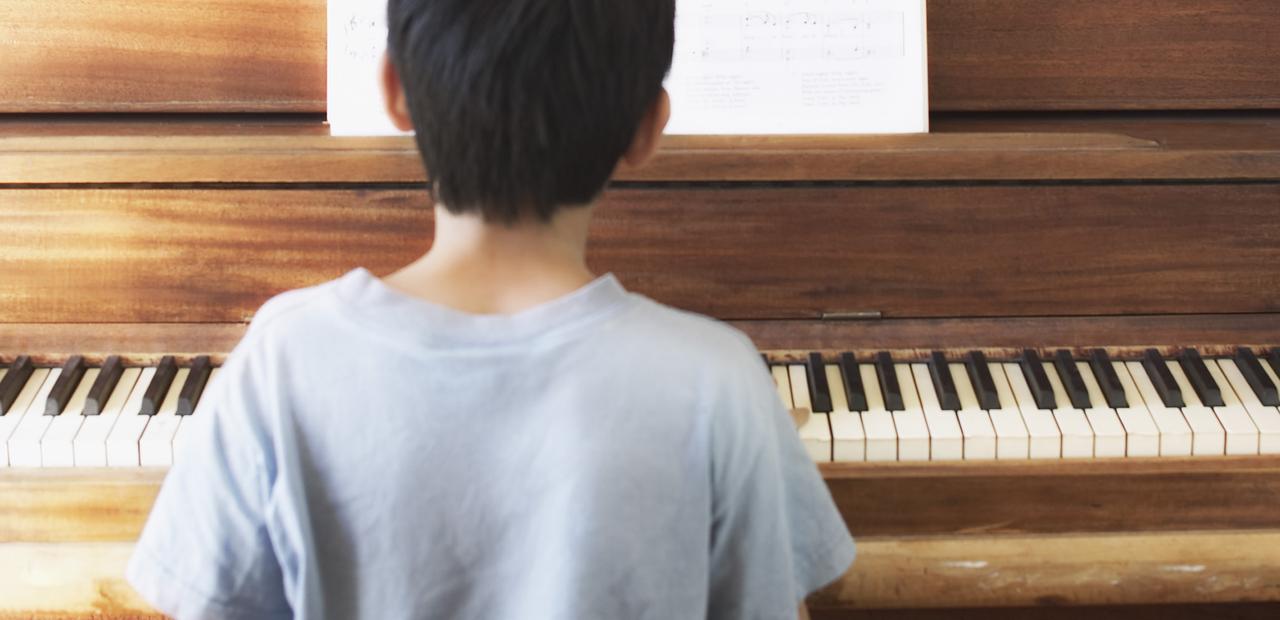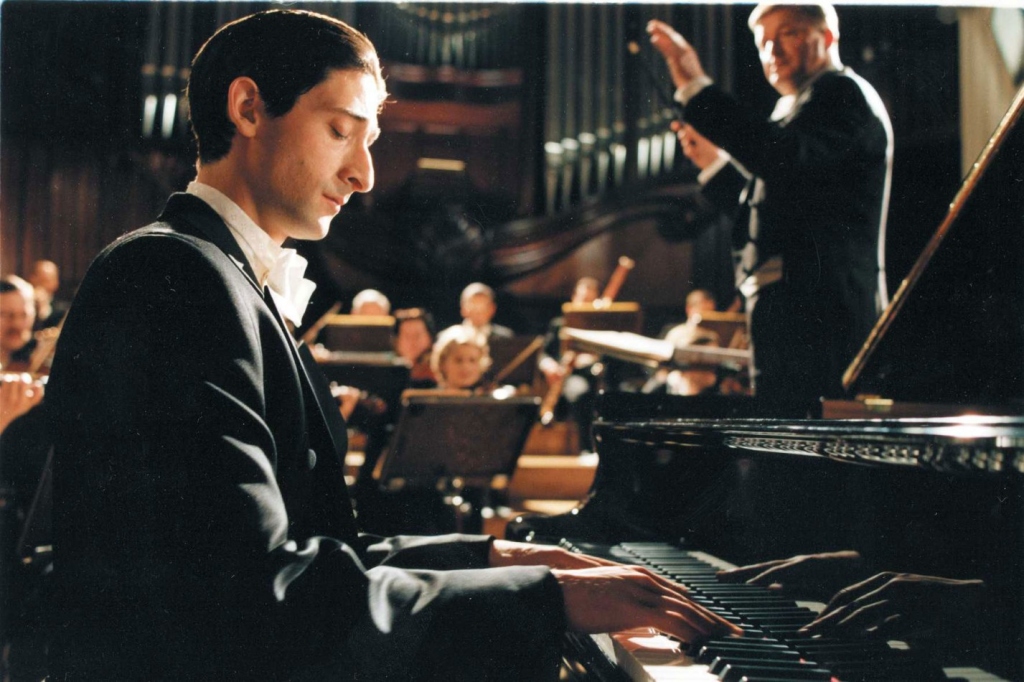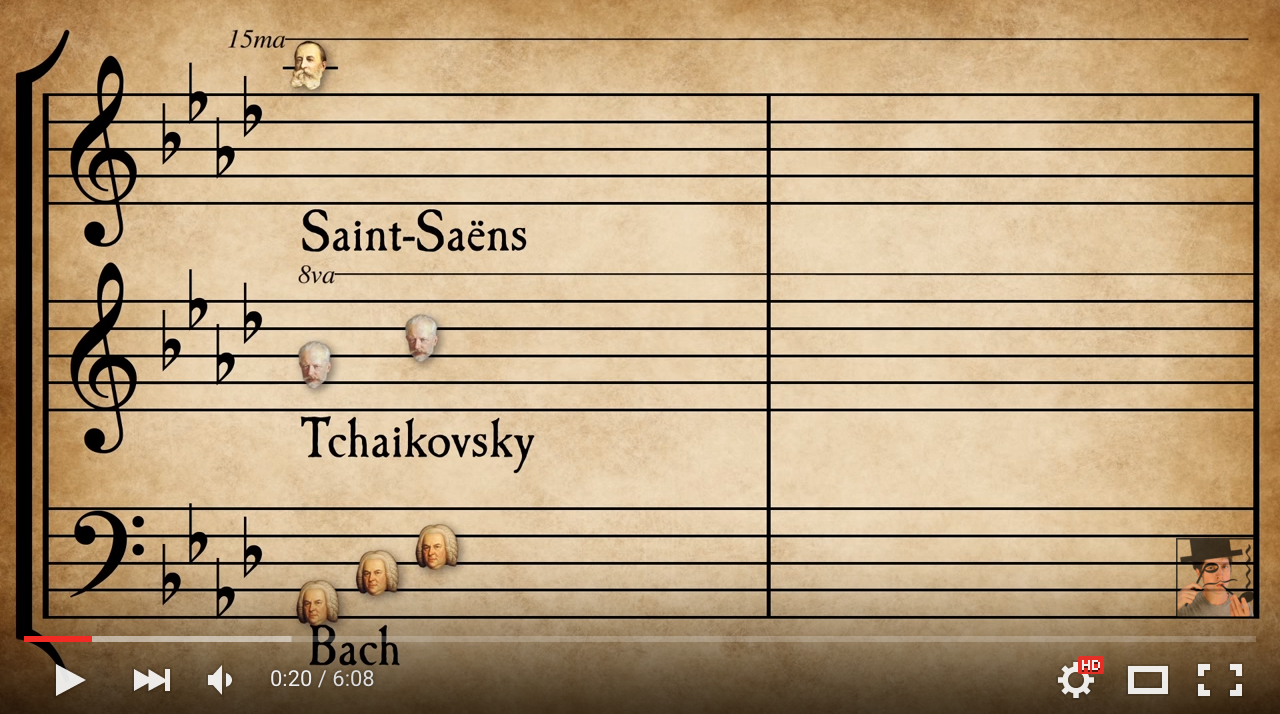Whatever happened to improvisation in classical music?
Today’s classical violinists would probably break out in a cold sweat if asked to improvise in front of an audience (and smirks would probably appear on the faces of the other violinists around them). From the emergence of western classical music until the first half of the 20th century, most composers and many performers possessed Read more about Whatever happened to improvisation in classical music?[…]










